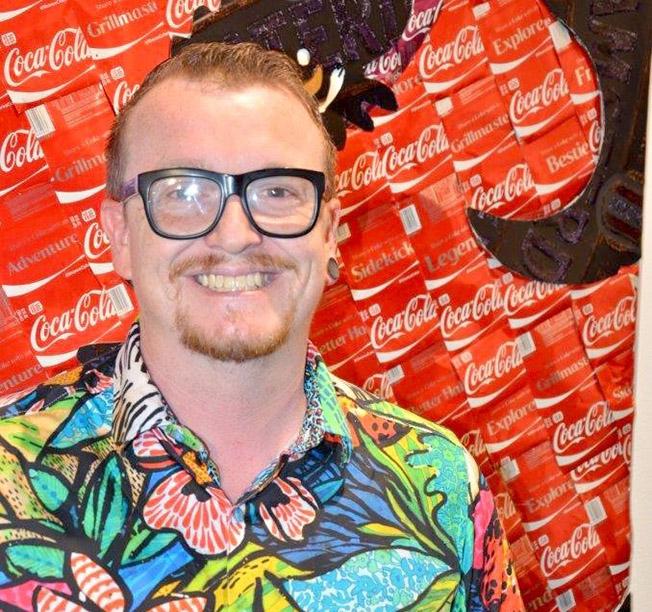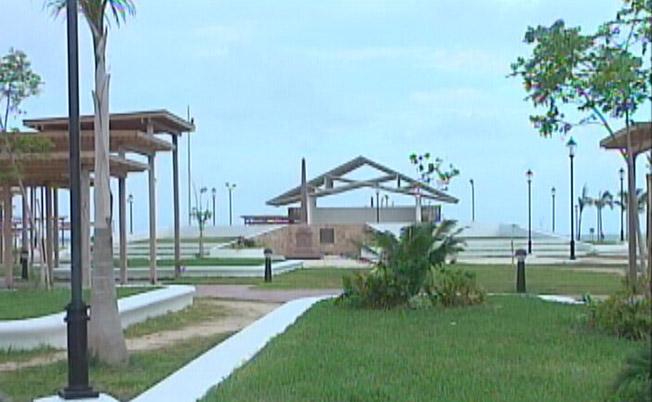Artists in the Caribbean (Cayman Islands, Suriname and Belize) are responding to the climate crisis in different ways. One of these ways is by using recycled materials in their works. A notable figure is Kerwin Ebanks from the Cayman Islands, who turns beach waste into sculptures and mosaics. His work highlights the problems of single-use plastics and offers a creative solution for reuse. Another artist, Marc Laurenson (Stoak’d), focuses on overconsumption, using plastic items to highlight the harmful impact on Caymanian communities.

Both artists tell powerful stories and call for awareness about waste management and plastic use. Their art acts as a mirror to society, highlighting the urgency of behavioral change and the importance of collective efforts to reduce the effects of climate change. These artistic responses are crucial voices in the social development of the Caribbean, highlighting the need for change and showing the possible consequences of inaction.Fabian de Randamie, an accomplished visual artist and street artist in Suriname, acknowledges that art can play an important role in raising awareness about climate change, but notes that Surinamese art often prioritizes visual appeal over conveying harsh realities. De Randamie points out the social pressure and criticism that artists in Suriname experience, which means they must be careful when choosing themes. He emphasizes that unlike artists abroad, Surinamese artists have limited space to freely express their opinions and exhibit works.

The artist reveals that, despite his experience, he himself has no recent works on climate change, partly due to the lack of initiatives and awareness in Suriname. He suggests that the government should take responsibility in encouraging art projects that raise awareness about climate change, because works of art create lasting memories and encourage society to take action. De Randamie acknowledges that, depending on the art form, while climate change may not directly affect his work, it can pose practical challenges, such as flooding that disrupts the creative process.

In Belize, the emerging orange economy, focused on creatives in culture, arts and crafts, is central to tourism and represents more than 40% of gross domestic product. However, climate change is having significant economic impacts on this sector, on which tens of thousands of Belizeans depend for their livelihoods.
The unpredictability of weather due to climate change has a particularly significant impact on the entertainment sector within the creative industries, as planning is essential. Flooding and storm damage have direct economic costs, especially for musicians with home studios and limited indoor entertainment venues that are often damaged.
The financial focus on infrastructure repair hinders investments in capacity development and equipment. Even the culinary arts sector suffers losses due to inaccessible stores and damaged supplies during floods. Archaeological facilities are affected, both in trails and craft sales. The cultural displacement in coastal communities due to erosion and rising sea levels is amplifying the wider impact of climate change on thousands in the creative industries, where experiential activities such as cave tours and jungle treks are coming to a standstill. In short, the climate crisis is having profound consequences for the economy and cultural activities in Belize, especially in the emerging orange economy.
This story was published by Starnieuws with the support of the Caribbean Climate Justice Journalism Fellowship, which is a joint venture between Climate Tracker and Open Society Foundations.